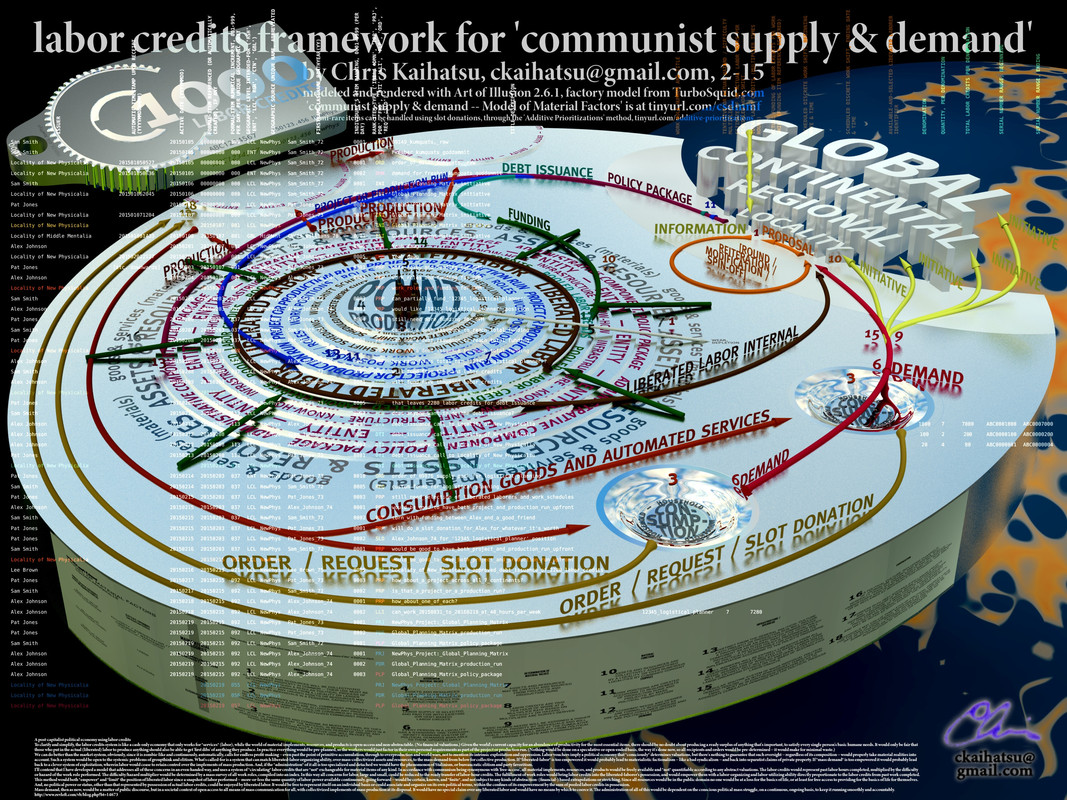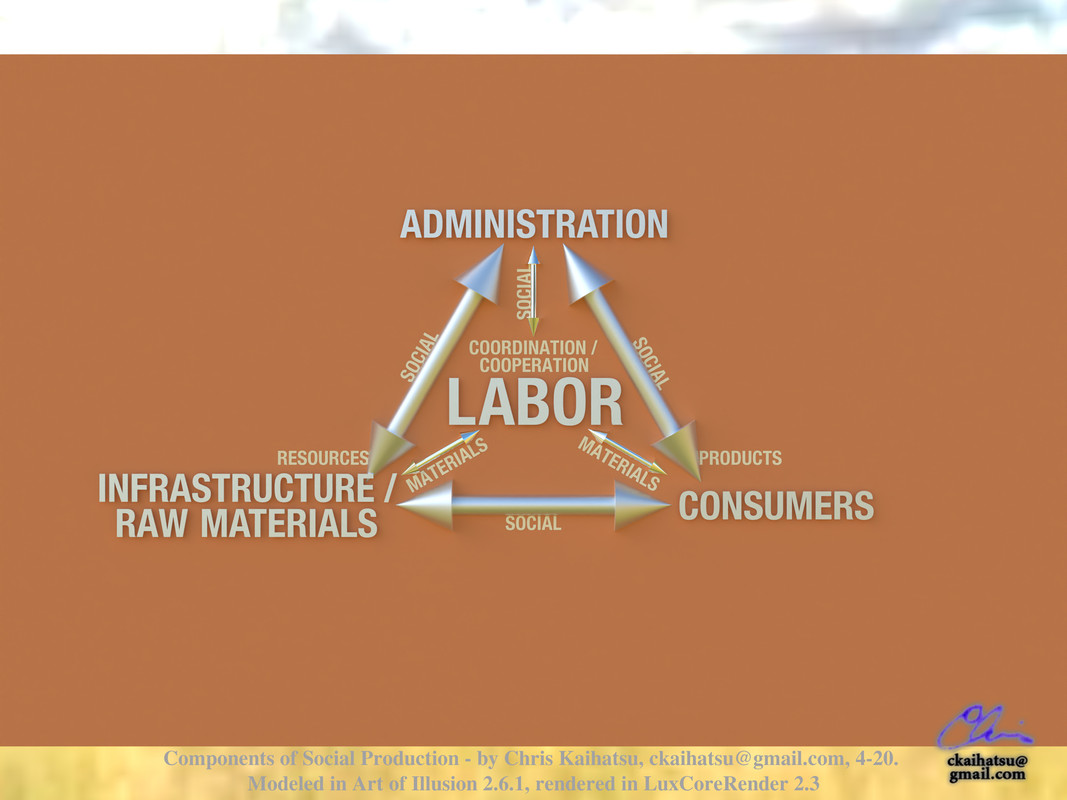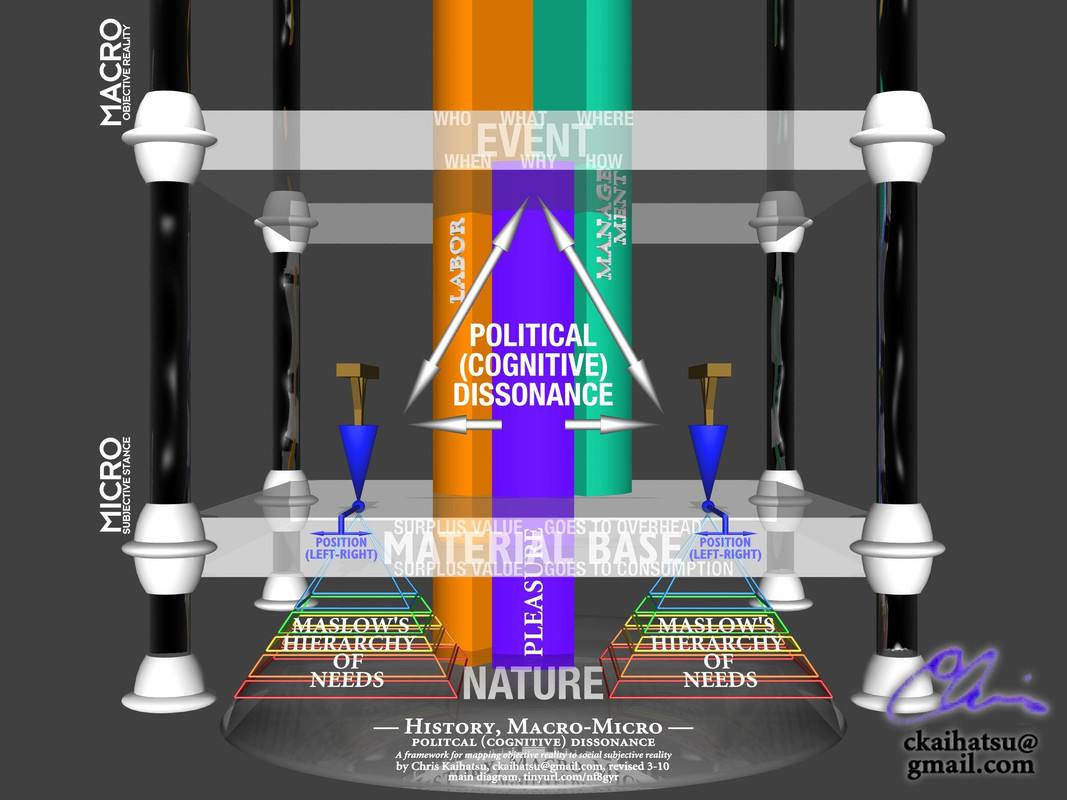- 14 Jun 2020 22:01
#15100202
It depends on what precise form it takes. But the use of bodycams, for instance, leans towards that direction by making it possible to watch whatever happened.
While I doubt the lost revenue can be fully replaced, I would expect them to engage in other forms of crime (e.g. robberies, extortion, maybe murders for hire, etc) to compensate for it. This would be need to be stopped by the police.
Probably, a mix of direct cash transfers and investment in developing those communities. My experience living in Chicago is that there are parts of the city that are clearly underserved compared to the upper middle class neighborhoods - in terms of the volume of economic activity in those neighborhoods, the availability of stores, etc - and this is something their residents are fully aware of.
That's more complicated, bodycams are one aspect of the strategy but they are not the end of it of course. Another one might be to strengthen arms control - the Second Amendment doesn't mean people have the right to carry whatever firearms they want, and as such the Constitution does allow the Government to regulate carry. Firearms are also a major reason why the American police is as armed as it is, this is keeping in mind you can find people who own assault rifles and the like. That's one of the costs of allowing the people to own guns (I personally think the pros outweigh the cons here, although those pros are only realized in very particular yet critical situations. It's very similar to the pros of having a military in that sense).
A more fundamental and difficult change needs to come from the wider society itself, particularly when it comes to jury behavior, but it does go well beyond that. Racism will truly disappear when it disappears from society at large, since the Government itself is ultimately a part of it. And even if the Government is not racist, many people will be suspicious of it if racism still exists in the wider societies.
Correct, and that means then that automation does involve a political problem regardless of the economic and political system in place.
I think it may be important to distinguish between the politics of determining what should be provided and the bureaucracy of doing so. Automation would likely affect the latter and not the former, yet this process of dealing with the bureaucrats themselves is political indeed although it's over a very concrete and specific issue.
But what you are describing, is something inherent to any sort of government. Military men getting into politics is way, way older than bonapartism. And they sometimes do, although in a quite discrete way - which is why ministries of defense exist.
I find it hard to do so exhaustively (instead, we could evaluate them on a case by case basis). As far as policing goes, I think it depends on each PD - but as a matter of principle, in my view the very existence of the police is necessary because privatizing the activity would lead to way more abuses with zero guarantee of any good results. And there are good reasons for this, since policing is a specialized activity like most others in today's world.
Personally, I'd go for the establishment of a system of large conditional transfers. The automation that's already began cannot be used for all existing jobs and it will also generate new ones. Society should thus redirect training to that effect, and not just of current workers but of the future ones as well. Furthermore this system would also be a good way for making sure that children are getting the care they need, from vaccination to school attendance and other seemingly basic things we would expect them to get but that some families may not be willing to ensure.
The idea is to deal with income inequality, but without having an underclass that becomes dependent on Government aid forever and that doesn't become part of a patronage network with any given political party. The idea of setting conditions is paternalistic (which is odd coming from a moderate liberal guy like I am) but taxpayers have every right to expect their money to be used adequately, and to lead to positive externalities.
I'm not pro-teacher either but I think it's unlikely to happen. There are good developmental reasons for this.
Ok but theft for example is a crime that deals with personal property, not just private property. That means policing those will still be necessary even under that system.
ckaihatsu wrote:What do you think of the community-control direction over policing:
It depends on what precise form it takes. But the use of bodycams, for instance, leans towards that direction by making it possible to watch whatever happened.
ckaihatsu wrote:Okay, I'm anti-War-on-(some)-Drugs as well.
What other markets, outside of the drugs trade, are you referring to, that could conceivably *match* the revenues, and the violence, of the drugs trade? Would there really have to be an *increase* in policing if the War-on-(some)-Drugs could be wound-down?
While I doubt the lost revenue can be fully replaced, I would expect them to engage in other forms of crime (e.g. robberies, extortion, maybe murders for hire, etc) to compensate for it. This would be need to be stopped by the police.
ckaihatsu wrote:What would the 'broader economic recovery plan' look like?
Probably, a mix of direct cash transfers and investment in developing those communities. My experience living in Chicago is that there are parts of the city that are clearly underserved compared to the upper middle class neighborhoods - in terms of the volume of economic activity in those neighborhoods, the availability of stores, etc - and this is something their residents are fully aware of.
ckaihatsu wrote:And how would the killer cops of *non*-drug-related killings be curtailed? It's the topic of this thread.
That's more complicated, bodycams are one aspect of the strategy but they are not the end of it of course. Another one might be to strengthen arms control - the Second Amendment doesn't mean people have the right to carry whatever firearms they want, and as such the Constitution does allow the Government to regulate carry. Firearms are also a major reason why the American police is as armed as it is, this is keeping in mind you can find people who own assault rifles and the like. That's one of the costs of allowing the people to own guns (I personally think the pros outweigh the cons here, although those pros are only realized in very particular yet critical situations. It's very similar to the pros of having a military in that sense).
A more fundamental and difficult change needs to come from the wider society itself, particularly when it comes to jury behavior, but it does go well beyond that. Racism will truly disappear when it disappears from society at large, since the Government itself is ultimately a part of it. And even if the Government is not racist, many people will be suspicious of it if racism still exists in the wider societies.
ckaihatsu wrote:A workers-of-the-world workers state could, as well, either use state-personnel-type staffing *or* AI-type automated, digital-based processing for social service kinds of claims from the public -- again, it wouldn't matter for the *function* but, yes, there would be fewer jobs if automation is implemented.
Correct, and that means then that automation does involve a political problem regardless of the economic and political system in place.
ckaihatsu wrote:I'm not *favoring* the fully-automated approach to state social services provisioning -- I'm logistically *neutral*, because it's the *function* of providing social services -- the *politics* of it -- that is at-issue, foremostly. If government employees are involved in the administration of social services then I am *for* them and their sector as a national budget priority.
I think it may be important to distinguish between the politics of determining what should be provided and the bureaucracy of doing so. Automation would likely affect the latter and not the former, yet this process of dealing with the bureaucrats themselves is political indeed although it's over a very concrete and specific issue.
ckaihatsu wrote:Yes, it *is* bonapartism, as I just described, because the civilian government has almost entirely turned-over governance to the executive-branch institutions, thus *politicizing* them, as indicated by the term *you* used, 'the Deep State'. This is a nationalist *weakness*, by the way, because it's getting so lopsided in favor of the executive branch as to *almost* be a full-blown constitutional crisis. Even the military brass has had to *repudiate* Trump's proto-fascism, denying him the use of the military to quash domestic protests. If that isn't politicization / bonapartism, I don't know what *is*.
But what you are describing, is something inherent to any sort of government. Military men getting into politics is way, way older than bonapartism. And they sometimes do, although in a quite discrete way - which is why ministries of defense exist.
ckaihatsu wrote:Okay, would you like to *specify* what it is you're alluding to, for both of these categories?
I find it hard to do so exhaustively (instead, we could evaluate them on a case by case basis). As far as policing goes, I think it depends on each PD - but as a matter of principle, in my view the very existence of the police is necessary because privatizing the activity would lead to way more abuses with zero guarantee of any good results. And there are good reasons for this, since policing is a specialized activity like most others in today's world.
ckaihatsu wrote:I do agree with your stated principle here, and I think that that's the political issue that will be at-stake / come to the fore as we approach a technological state of full-automation.
Do *you* have any predictions or ruminations on how society could potentially resolve this increasing discrepancy between private ownership (of workerless fully-automated mass production), and decreasing employment and incomes on the part of workers and the public in general -- ? (How would people be able to *afford* mass-produced products if they're no longer needed as workers anymore, and thus have *zero* income to *spend* on such privately-owned products?)
Personally, I'd go for the establishment of a system of large conditional transfers. The automation that's already began cannot be used for all existing jobs and it will also generate new ones. Society should thus redirect training to that effect, and not just of current workers but of the future ones as well. Furthermore this system would also be a good way for making sure that children are getting the care they need, from vaccination to school attendance and other seemingly basic things we would expect them to get but that some families may not be willing to ensure.
The idea is to deal with income inequality, but without having an underclass that becomes dependent on Government aid forever and that doesn't become part of a patronage network with any given political party. The idea of setting conditions is paternalistic (which is odd coming from a moderate liberal guy like I am) but taxpayers have every right to expect their money to be used adequately, and to lead to positive externalities.
ckaihatsu wrote:Well, I'm not anti-teacher, but, yeah, I think 7-year-olds could use Wikipedia on their own if it came to that.
I'm not pro-teacher either but I think it's unlikely to happen. There are good developmental reasons for this.
ckaihatsu wrote:The socialist position does *not* call for the ending of *personal* property, meaning what individuals themselves use, for their personal needs.
Yes, private property -- meaning private control of the means of mass industrial production, primarily -- *is* the main problem in society, because it's what maintains the *class divide*, leaving those who *don't* own private property to be compelled to *sell their labor* for the necessities of life and living, while those who *do* own private property are allowed to *benefit*, by exploiting the labor of those who work to produce commodities, by expropriating surplus labor value from those workers.
I'm all for eliminating the crimes that are based on competition for possession of capital, wealth, and private property of all kinds, by *eliminating* capital, wealth, and private property. The workers of the world can *collectivize* such under their collective control, so as to permanently transcend capitalist commodity relations once and for all.
Ok but theft for example is a crime that deals with personal property, not just private property. That means policing those will still be necessary even under that system.























 - By skinster
- By skinster